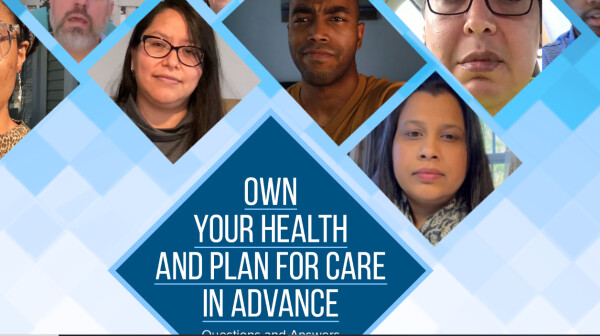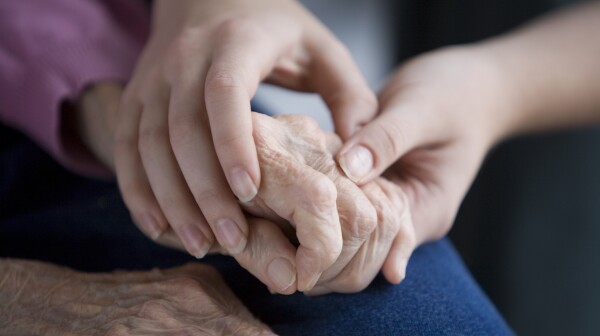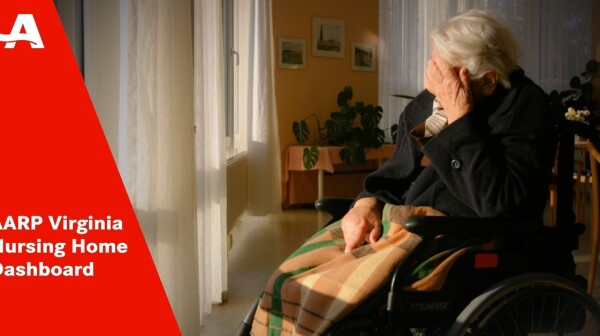AARP Eye Center
CLOSE ×
Search
Popular Searches
- right_container
- Health
- Money
- Work & Jobs
- Advocacy
- Social Security
- Medicare
- Caregiving
- Games
- Travel
- More...
- Entertainment & Style
- Family & Relationships
- Personal Tech
- Home & Living
- Auto
- Staying Sharp
- Podcasts
- Videos
Paths to Emotional Wellness
AARP North Carolina is working to make it easier for residents to get advance directives in place on how they want to be cared for during a serious illness. “Advance care planning empowers individuals to make their own important health care decisions while they are still able, bringing peace of mind to individuals and their families,” says Virginia Slocum, executive director of the North Carolina Serious Illness Coalition.
By AARP State Director Marguerite Ro, DrPH
In their younger days, many LGBTQ (lesbian, gay, bisexual, transexual, queer) individuals came out of the closet to fight against discrimination. As they age, however, they often face a different kind of discrimination as they need medical care, causing some to consider returning to the closet to assure quality of care without prejudice.
Join AARP California and the California Black Health Network at one of our upcoming online discussions on caregiving and the Black community. The series is designed to help the Black community be better prepared, plan for, and manage care for an aging parent or loved one with health issues and in need of caregiving services and support.
In Minnesota, nearly 450,000 residents 50-plus live on their own, up from more than 383,000 in 2012, U.S. census data shows. AARP Minnesota is working to help these solo agers develop support networks.
Family caregivers can sign up for phone or text support by calling the South Dakota 211 Helpline Center. The caregiver support program, which AARP South Dakota helped to pilot two years ago, is free and available on an ongoing basis.
AARP Delaware volunteer Eunice LaFate offers free art classes to help ease the stress of family caregivers. The classes will be at her LaFate Gallery in downtown Wilmington on Wednesdays in May. Sessions are limited to 10 people; registration is required.
Caregiving may be one of the most important and challenging roles you’ll ever take on. No matter where you are in your caregiving journey — starting to plan; taking care of a family member in your home, in a facility, or from a distance; or managing end-of-life caregiving responsibilities — having resources at your fingertips will make the process easier.
In Virginia, fewer than 55% of residents and nearly 95% of staff were up-to-date on their vaccinations, rates that have been about the same for the past three months.
Search AARP States
Connecting you to what matters most, like neighbors do. Find events, volunteer opportunities and more near you.
Sign Up & Stay Connected










































































